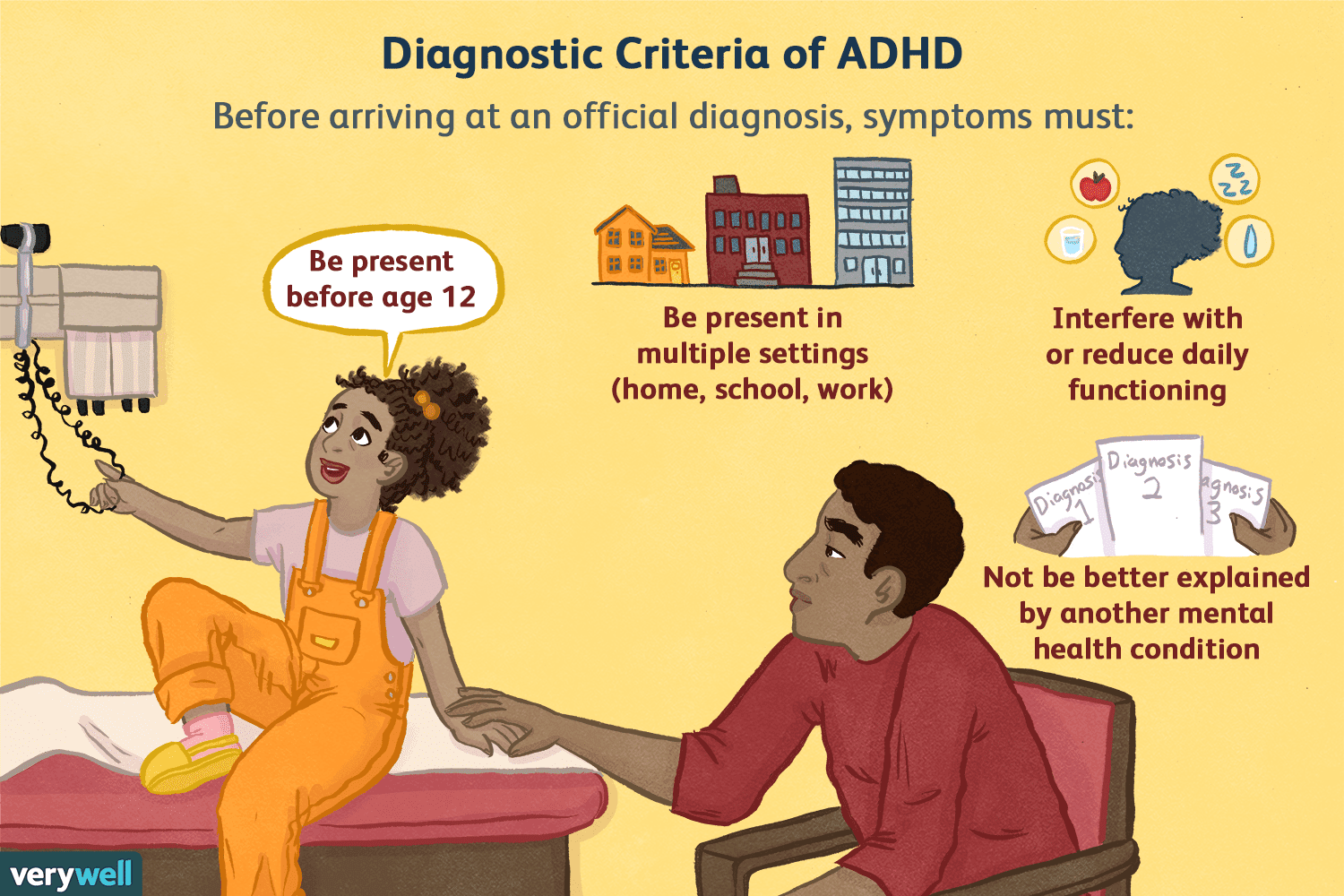A lot of adults come to me to talk about their options regarding ADHD diagnosis. There are companies providing ADHD evaluations for $200. Why should you pay more? This is a great question, and I’m happy to tip you off to these companies if filling out a questionnaire is what you’re interested in. There are actually two schools of thought regarding diagnosing ADHD, and in this blog post, I’m going to lay them both out for you.
ADHD Diagnosis in Adults: Psychological Testing or Questionnaire?
- ADHD is a clinical diagnosis. This means that a clinician can diagnose you based on a brief interview and potentially (but not always) filling out a standardized questionnaire about your executive functioning and maybe even having your partner fill out the form. There is no one test that is specific for ADHD, and so proponents of this point of view argue ADHD is diagnosed just like anything else in the DSM-5-TR; based on fulfilling a set number of criteria. I’m not a fan of the DSM, but it’s what we have. This is a bit of an oversimplification, because many disorders in the DSM-5-TR often require the use of structured interviews like the SCID-5-CV and may involve taking tests like the MMPI as well as doing cognitive testing. But, I digress.
- ADHD is neuropsychological/psychological diagnosis. ADHD in adulthood is associated with a lot of functional impairments, like lower educational attainment and employment rates, a poorer financial situation, lower self-esteem, alcohol and drug abuse, and a lower quality of life. ADHD can be pretty serious. Diagnostically, ADHD involves impairments in processing speed, working memory (an executive function), and executive functioning (which is really just an umbrella term meaning cognitive processes that help you plan, focus, and achieve goals). Due to the cognitive impairments of adults with ADHD, the assessment of neuropsychological functions using cognitive performance tests has been suggested to be of added value to the clinical evaluation of adults with ADHD. Neuropsychological/psychological assessments are performed to characterize individual cognitive strengths and weaknesses, which may help you and your healthcare providers to understand why you are experiencing problems in your daily life.
There are cheap diagnostic means, but you get what you pay for. An evaluation should offer you more insight into your brain and how it works. It should assess your genetic history, medical history, developmental history, relationships, career history and mental health history. To receive a proper ADHD diagnosis, your assessment should be detailed and comprehensive.
Many individuals seek out ADHD diagnoses and hope to talk with medical providers about stimulant medications. These drugs are big guns and you need to be certain that you have ADHD and know your strengths and weaknesses before heading down that road. I’m not necessarily arguing that ADHD is not a clinical diagnosis, but I don’t think that an evaluation based on questionnaires is the best way to get a diagnosis.
